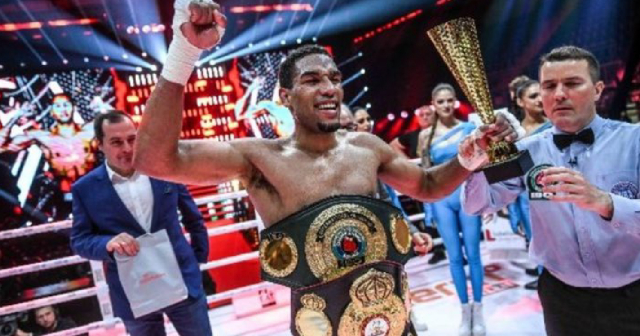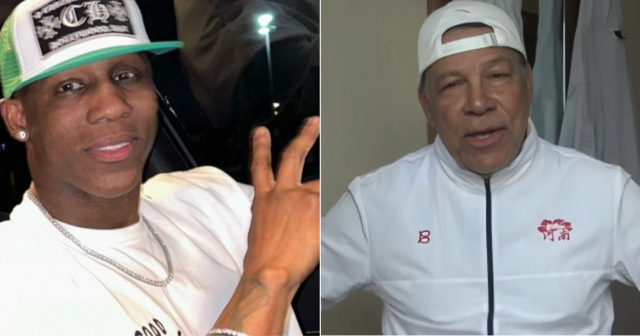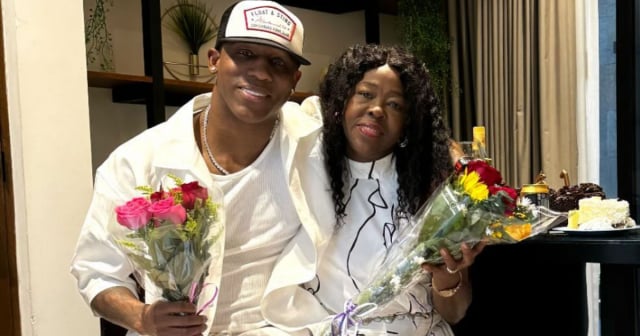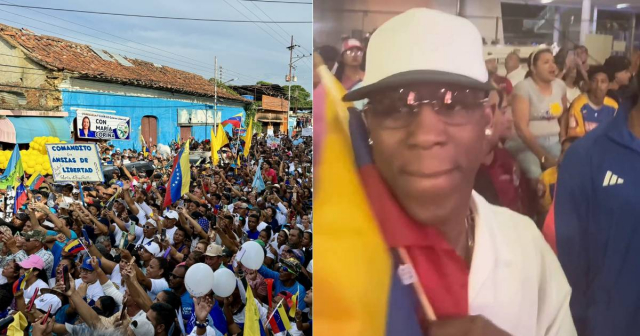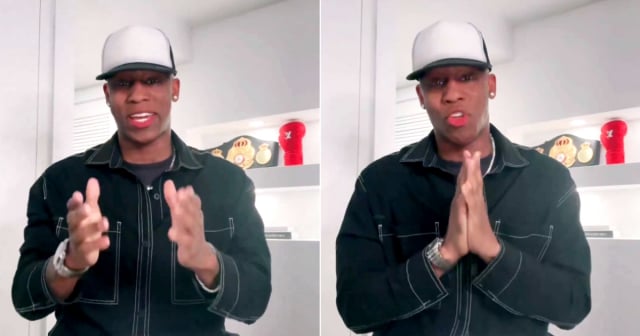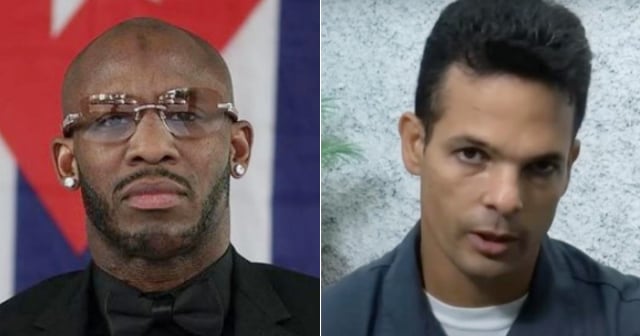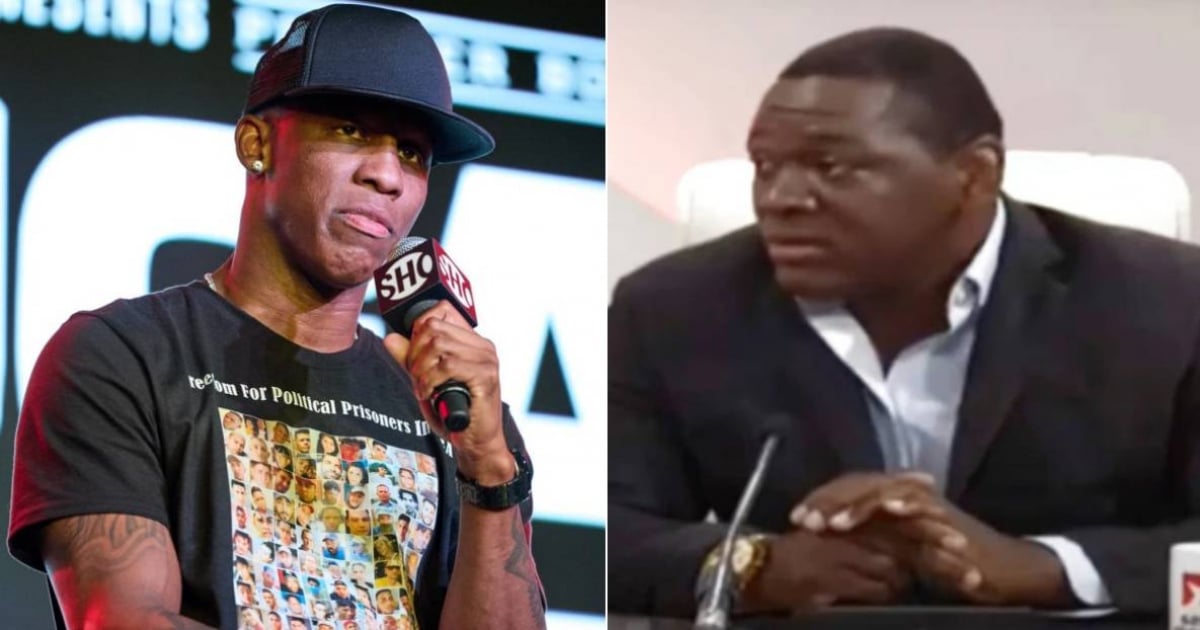
Professional boxer Yordenis Ugás reacted to the statements made by wrestler Mijaín López on the official program Mesa Redonda and invited him to consider whether it is right for an athlete to participate in that media show of the regime.
During his intervention in the Round Table discussion, López was questioned about the exclusion of Russia from these Olympics, a measure taken by the International Olympic Committee (IOC) after this country's invasion of Ukraine.
"I believe it shouldn't have been this way, because the political aspect has nothing to do with sports. Sports unite all cultures and all athletes, and foster brotherhood," said López.
Ugás's reaction was immediate. Through his social media, the boxer expressed his disagreement with a contradiction in the words of the fighter.
"If politics has nothing to do with sports... What are you doing in that program, which is political and misleading?" Ugás asked.
Additionally, he reminded López that "also unjustly, the majority of Cubans do not have food, electricity, medicine, nor can they live with dignity. Also unjustly, thousands of Ukrainians have died due to the invasion by Russia: men, women, boys, and girls," said the boxer.
Mijaín López's words and Ugás's reaction occur in a context where the politicization of sports achievements in Cuba is a constant.
Athletes who decide to leave the national delegations are labeled as "deserters" and face severe consequences, such as being banned from returning to the country for more than eight years.
Furthermore, it becomes evident how the state media in Cuba manipulate the words of athletes to align with the regime's narrative.
In this case, López never actually says that what happened with Russia's absence from the Olympics was an "injustice." The term was used by the host of the Mesa Redonda, and then employed to give weight to the fighter's statements.
Mijaín López is in the middle of the controversy due to his constant adherence to the totalitarian regime. He has been appearing at official events since his return to the island after becoming a five-time Olympic champion.
One of the most recent events was his tribute to Fidel Castro at La Piragua, on the Malecón, where he said: "I believe that by our presence here, we are reaffirming all the continuity that he left in this homeland."
Despite his call for the depoliticization of sports, the reality is that López, who is also a deputy in the National Assembly of People's Power (ANPP), has been turned by the regime into a new symbol of "revolutionary sports."
His image is used by official propaganda, which employs his corpulence as a symbol of the strength of the regime, while violently repressing those who dissent or demand rights and freedoms.
This situation highlights the constant tension between Cuban athletes who have achieved international success and the political use that the regime makes of their figures to reinforce its ideological narrative.
What do you think?
COMMENTFiled under:

